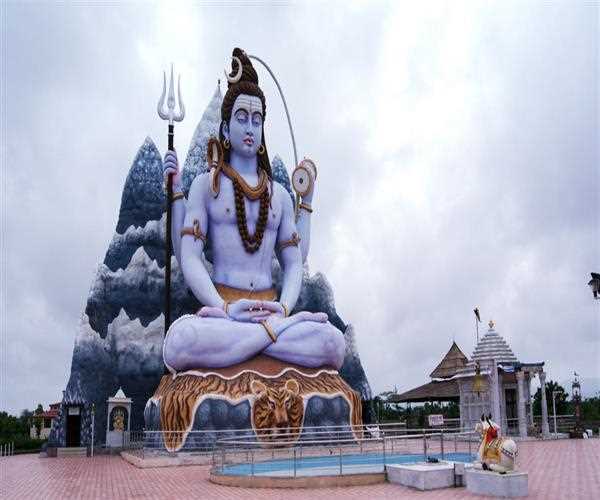Puja, meaning worship or adoration, holds great significance in Sanatan Dharma, commonly known as Hinduism. It is a central aspect of religious practice for millions of Hindus worldwide. Puja involves various rituals, prayers, and offerings to deities or chosen manifestations of the divine. It is considered a sacred act of devotion, connecting individuals with the divine presence.
The primary role of puja is to establish a personal and intimate relationship between the devotee and the deity. It serves as a means to express love, gratitude, and reverence towards the divine. Through puja, Hindus seek blessings, guidance, and spiritual upliftment from the gods and goddesses. It is believed that participating in puja helps purify the mind, cultivate virtues, and foster spiritual growth.

Puja also serves as a means to create harmony and balance in one's surroundings. It is performed not only in temples but also in homes, where families have personal altars or sacred spaces. By offering prayers and performing rituals, individuals seek to bring positive energies into their lives and maintain a harmonious relationship with nature and the cosmos.
Furthermore, puja acts as a cultural and social binding force within Hindu communities. It provides an opportunity for families and communities to come together, celebrate festivals, and strengthen bonds. It allows for the transmission of religious and cultural values from one generation to the next.
Overall, puja plays a pivotal role in Sanatan Dharma by enabling individuals to connect with the divine, seek spiritual growth, cultivate virtues, maintain harmony, and preserve cultural traditions. It serves as a profound and cherished practice that nurtures the spiritual and social fabric of Hindu society.